Your support helps us to tell the story
From reproductive rights to climate change to Big Tech, The Independent is on the ground when the story is developing. Whether it's investigating the financials of Elon Musk's pro-Trump PAC or producing our latest documentary, 'The A Word', which shines a light on the American women fighting for reproductive rights, we know how important it is to parse out the facts from the messaging.
At such a critical moment in US history, we need reporters on the ground. Your donation allows us to keep sending journalists to speak to both sides of the story.
The Independent is trusted by Americans across the entire political spectrum. And unlike many other quality news outlets, we choose not to lock Americans out of our reporting and analysis with paywalls. We believe quality journalism should be available to everyone, paid for by those who can afford it.
Your support makes all the difference.Theresa May has ruled out an early general election, arguing that the country is “only one year into” the current parliament.
But with a narrow majority, the incoming Prime Minister may come to regret her decision and change her mind out of necessity.
And yet, she may be constrained by the Fixed Term Parliament Act, which sets the date of the next general election in 2020. Could she call an early general election?
Can the Prime Minister call an election?
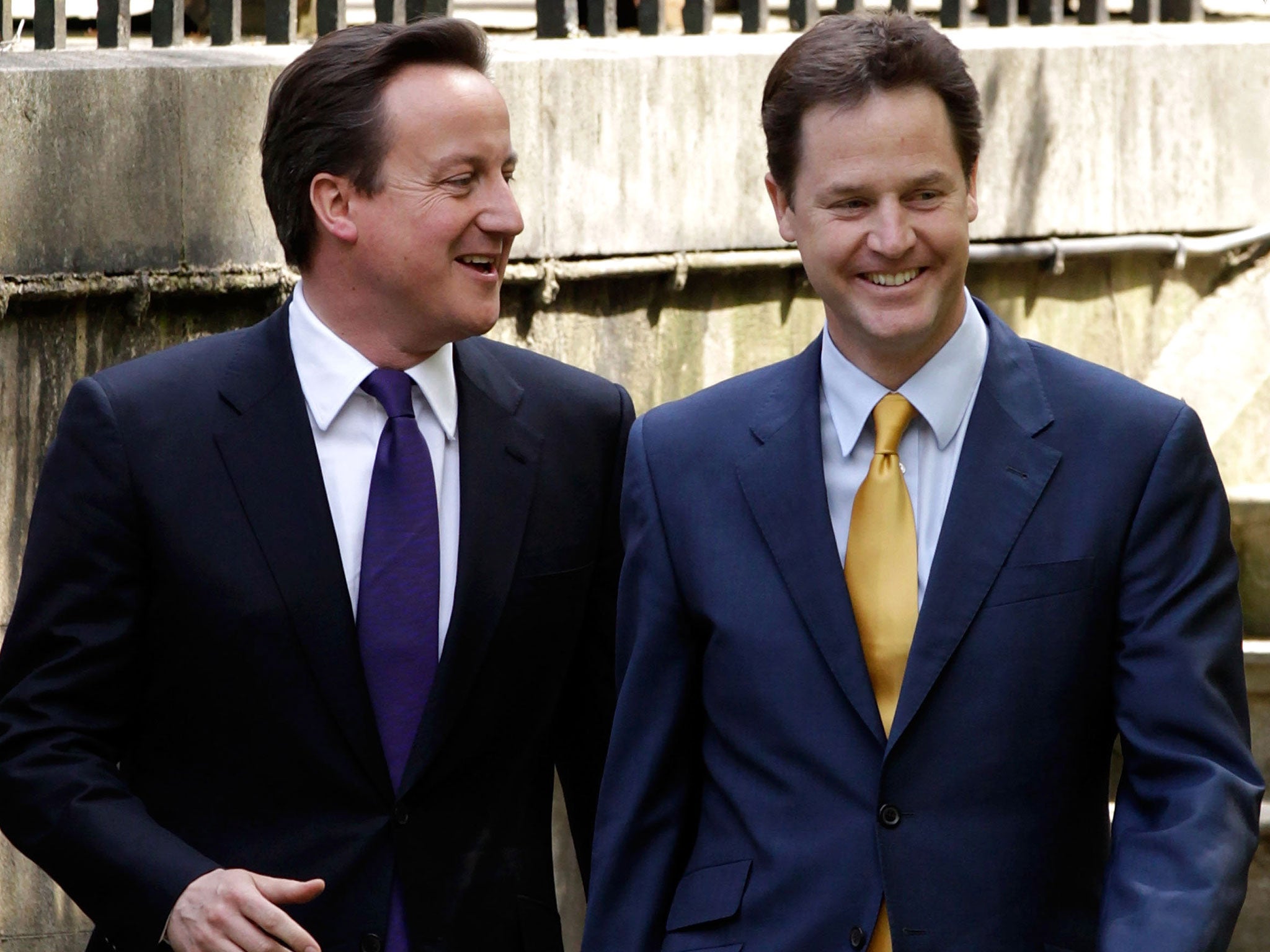
Before the 2011 Fixed Term Parliament Act (FTPA) the Prime Minister could simply “call an election”.
This was effectively the PM exercising the royal prerogative: no parliamentary vote was needed, it was the PM’s decision.
This power was transferred to the House of Commons under the FTPA, which was introduced by the 2010 Coalition government.
On paper it is no longer the Prime Minister’s decision.
Does that means elections cannot be earlier than every five years?
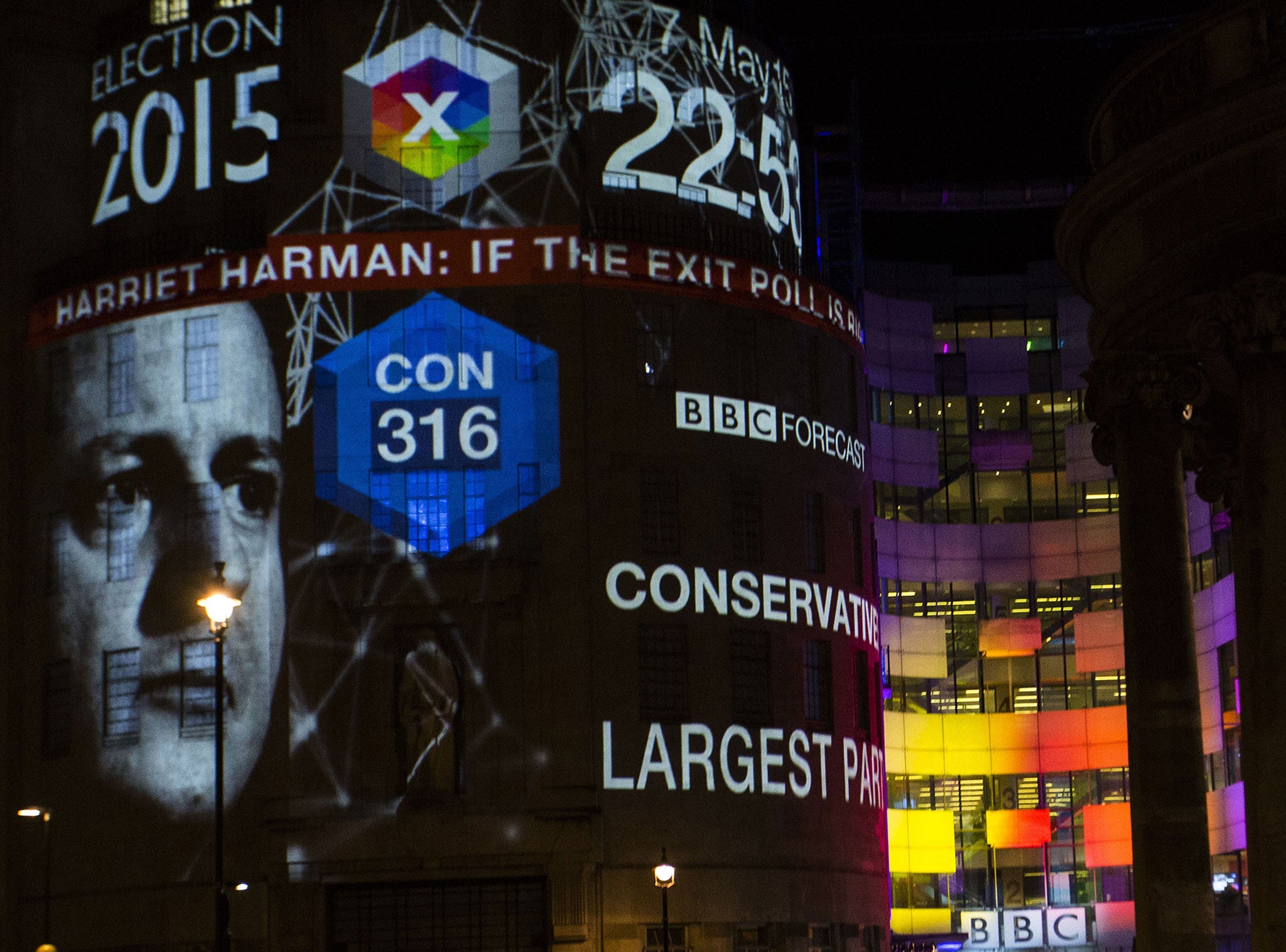
No, there are two ways under the FTPA that an election can be called ahead of schedule.
The first is if two thirds of MPs vote to hold an election. This is a very high bar and would in practice require both Labour and Conservative support.
The second is if there is a no confidence vote in the government of the day. After such a vote other parties are given 14 days to form another government. If none can be formed, a new election is held.
Could the Government declare ‘no confidence’ in itself?
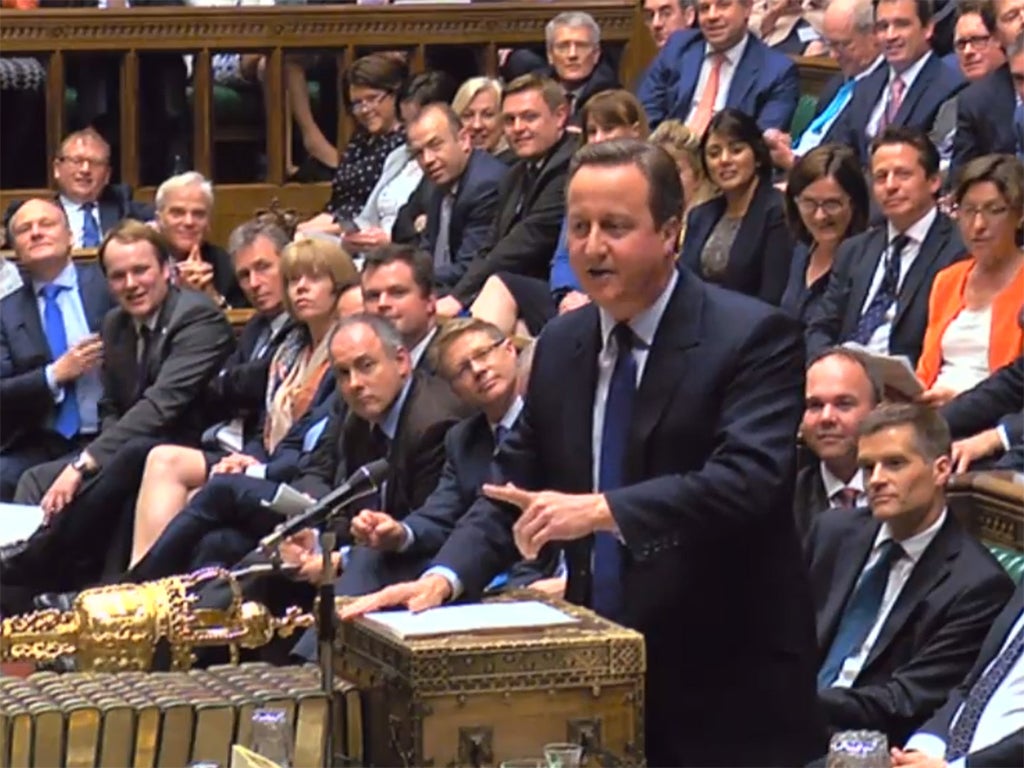
On paper, a majority government could, by a simple vote, declare “no confidence” in itself. Since no other party has a majority, after 14 days an election would be set.
But, Professor Robert Hazell of University College London’s Constitution Unit says, this “artificial” move could backfire.
“This does have the potential to go embarrassingly wrong. It would only take a handful of Conservative rebels to derail an attempt to call an election,” he tells the Independent.
“It would risk looking ridiculous. It would need to be very confident that all its MPs would vote for the motion and would formally say they have no confidence in Her Majesty’s government.
“Her press people would have to go into overdrive in explaining to the public what this was intended to achieve and why they didn’t really mean what they said.
“The whips would need to be very confident that they could get a majority – remember that the majority is only 12 so it only takes half a dozen mavericks to rebel and the government’s doesn’t have a majority.”
While entirely possible, this isn’t an ideal option.
What about the two thirds majority option?
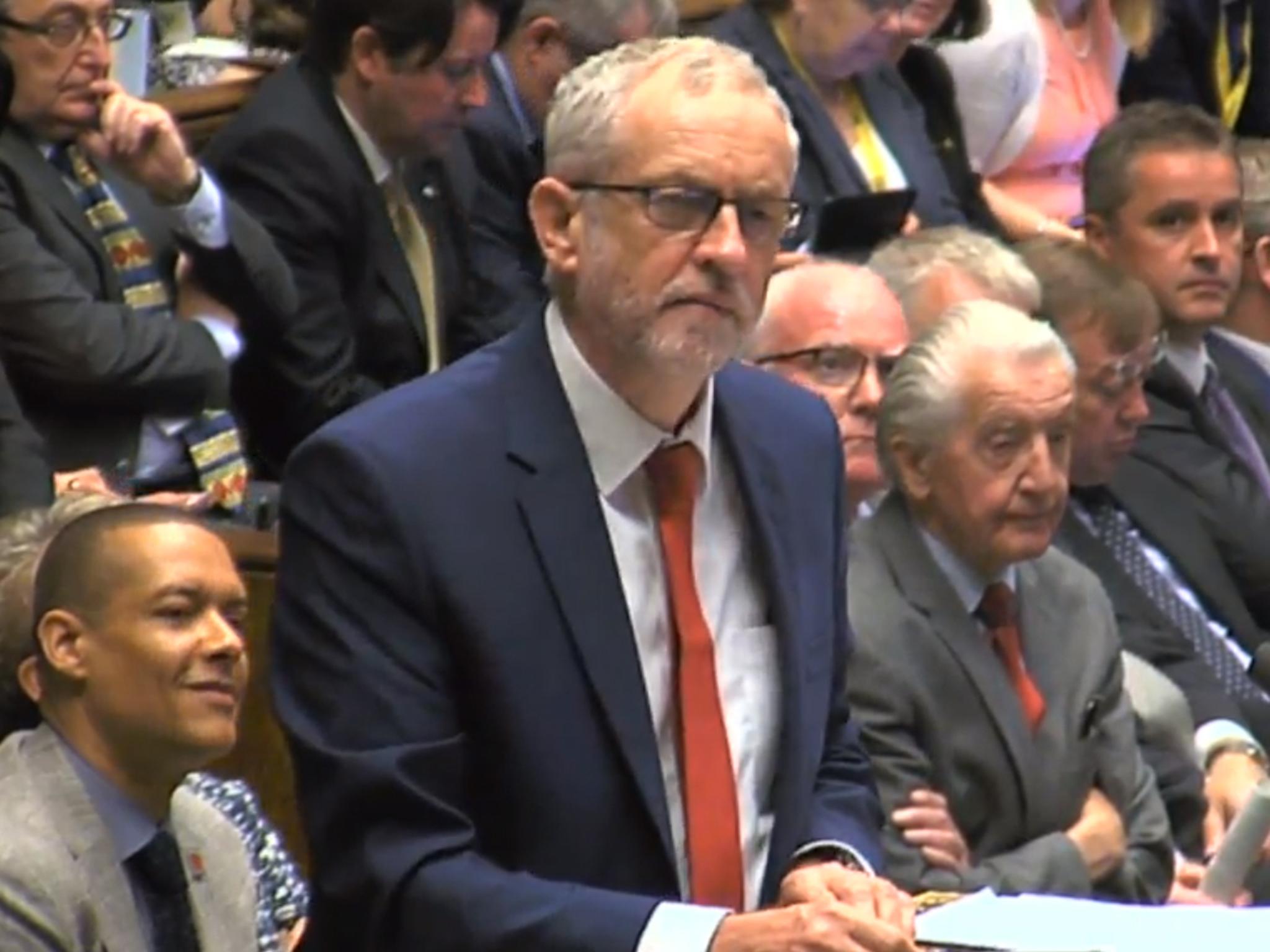
The Government could simply get two thirds of MPs to agree to vote for an election. In practice this means both Labour and the Tories would have to back one
The inherent problem here is if the Government wants an election, the opposition probably (at least privately) doesn’t, since they both want to win it.
“The Government could try to shame the opposition by playing a game of chicken,” Professor Hazell suggests – calling Labour cowards might do the trick.
Yesterday opposition parties made positive noises about an election – if May changed her mind in six month’s time, she could point to those statements to secure Labour support.
Yet what remains of Labour’s self-preservation instinct might still kick in.
What about repealing the Fixed Term Parliament Act?
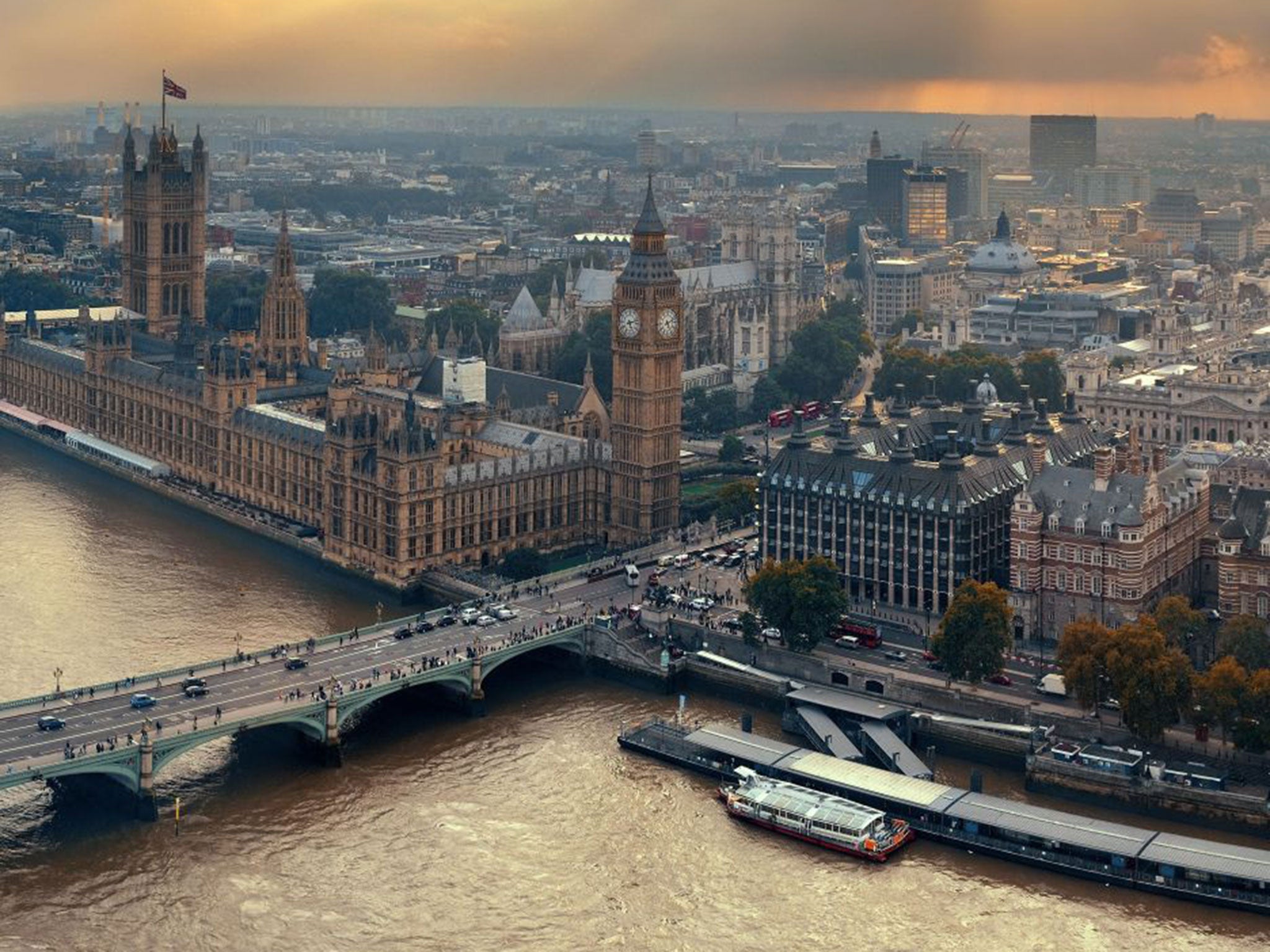
This would work, but would raise “a whole host of awkward questions” about where the power to call an election lies, Professor Hazell says.
He explains that constitutional lawyers are split on whether the power to call an election would simply return to the Prime Minister as before, or not.
But the Government needn’t get into this, he says.
“It could be literally a one clause bill saying ‘notwithstanding the Fixed Term Parliament’s Act 2011 the next election shall be held on x date’,” he explains. The FTPA would remain in place, but be bypassed.
Thus, Britain’s doctrine of parliamentary supremacy saves the day for the Government. As with a self-no confidence vote, this might look underhand, but it would be completely within the rules

Join our commenting forum
Join thought-provoking conversations, follow other Independent readers and see their replies
Comments